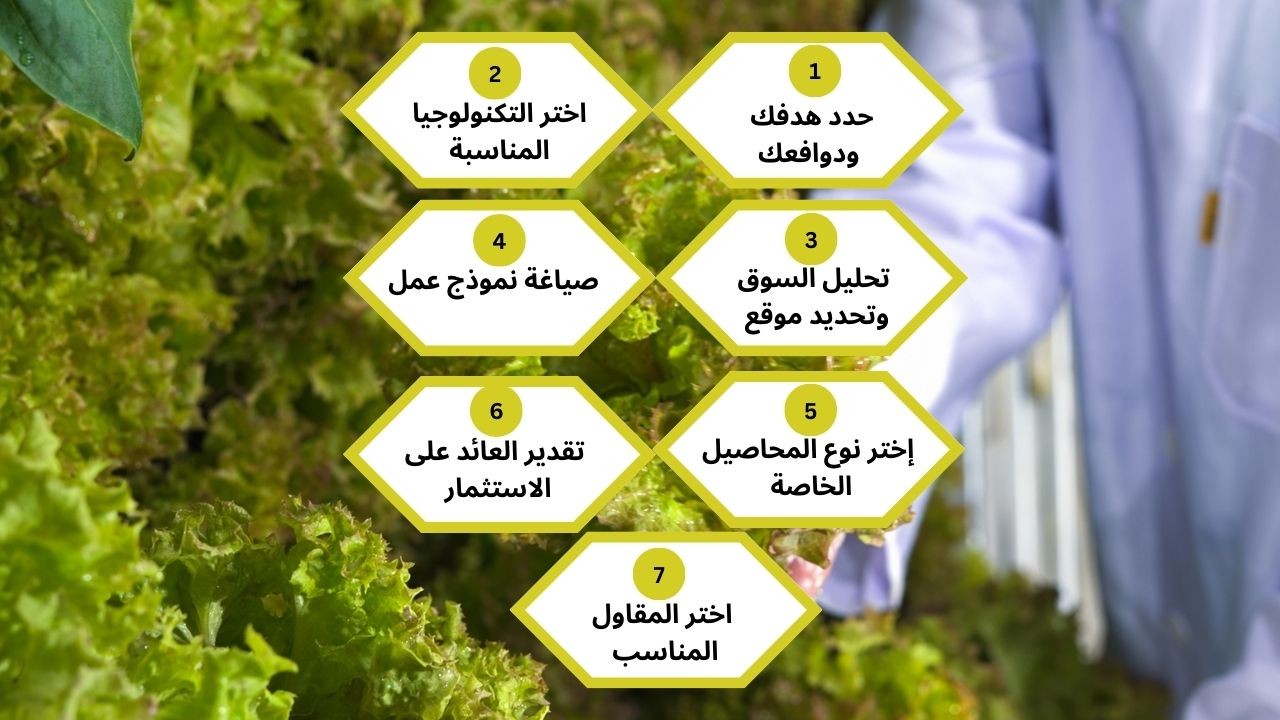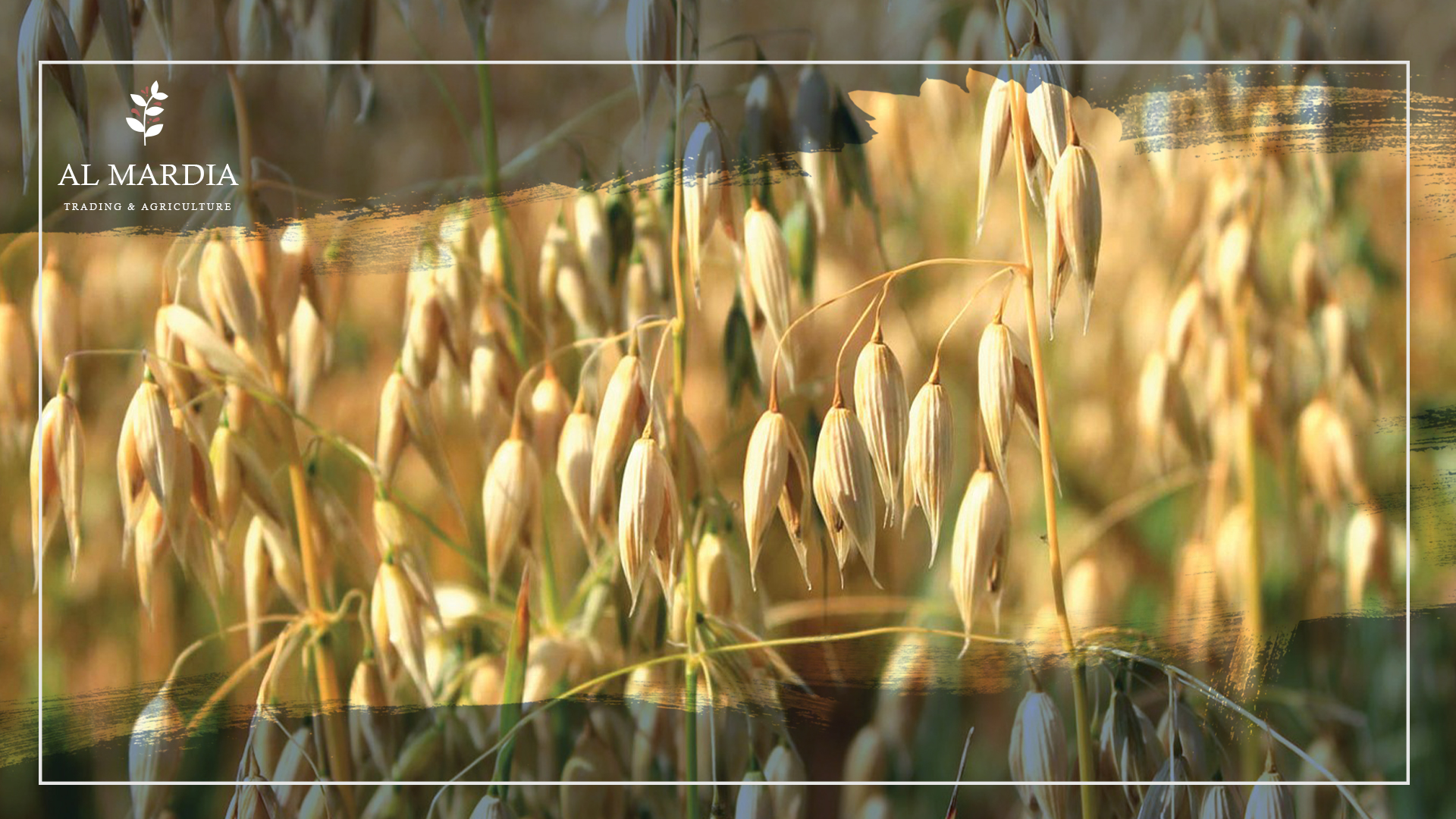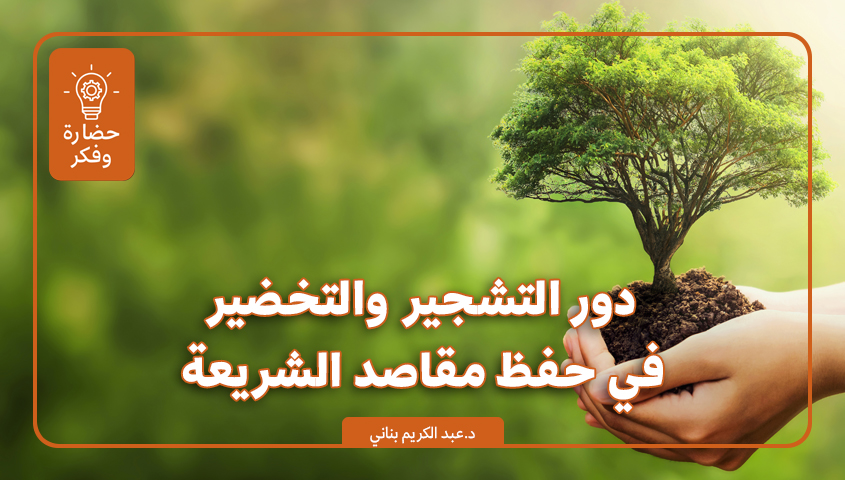
التغير المناخي، ريادة الاعمال الخضراء، البصمة الكربونية، الزراعة البيئية ، الامن الغذائي: هيا بنا حتى نكون أمة تأكل مما تزرع؟؟

مع تصاعد العواصف الترابية.. جندي عراقي ينذر حياته لزراعة الأشجار وحماية البيئة | منوعات | الجزيرة نت

أفوكور بساط زراعة النباتات قابل للطي بتصميم مربع مقاوم للماء من قطعتين للعناية بالنباتات العصارية في الاماكن المغلقة (اخضر داكن، 26.7 × 26.7 انش) (اخضر داكن) : Amazon.ae: المنزل والمطبخ






















